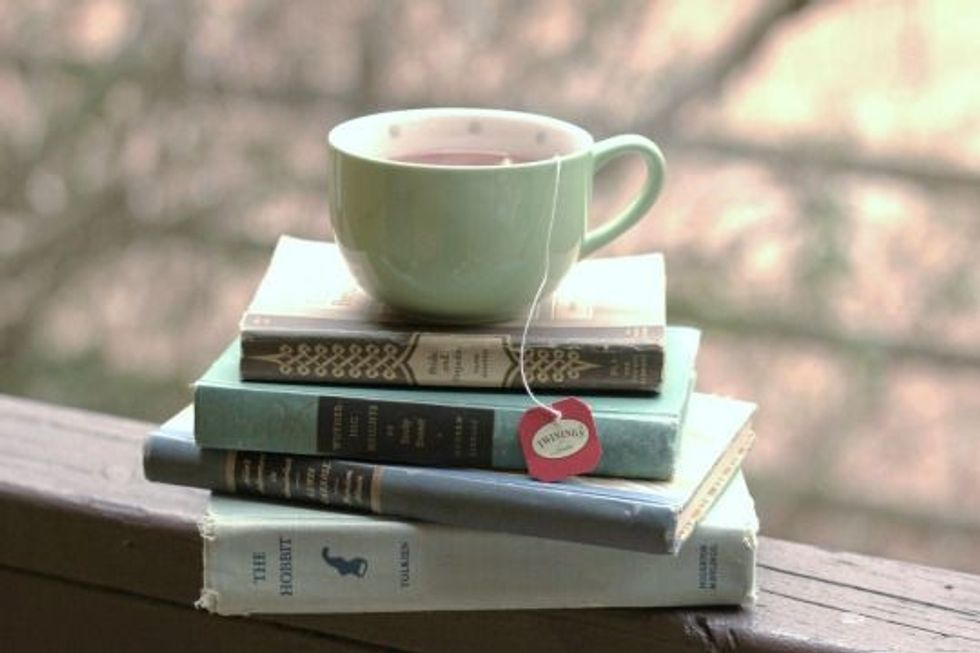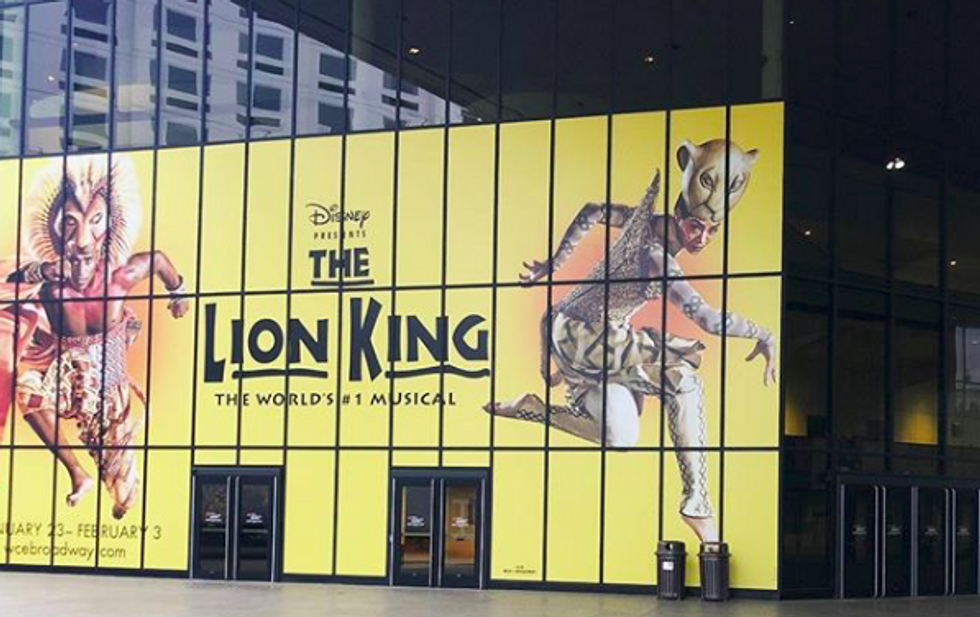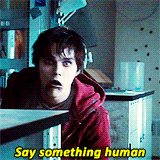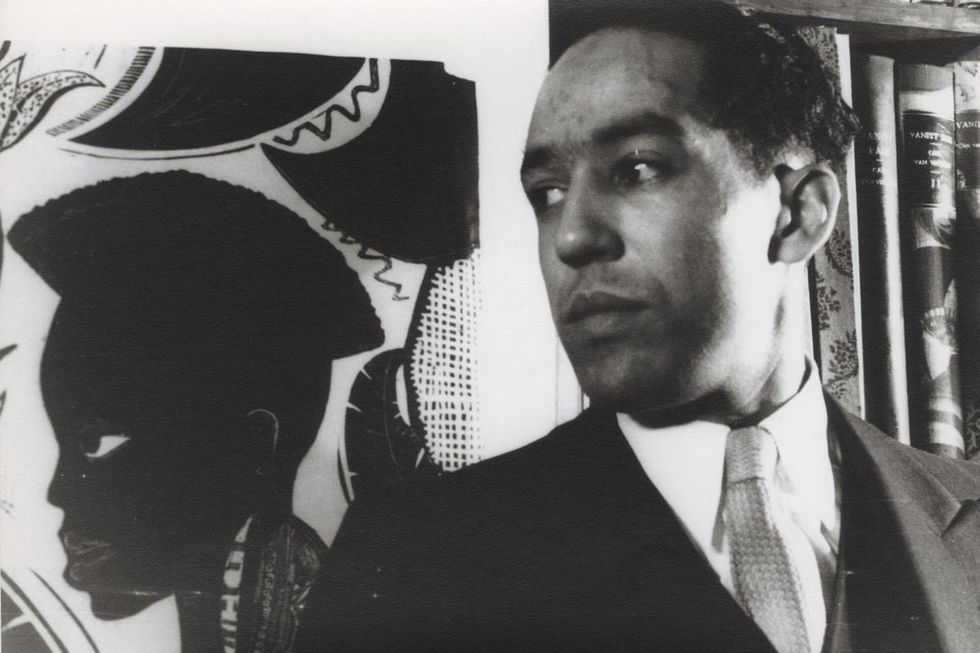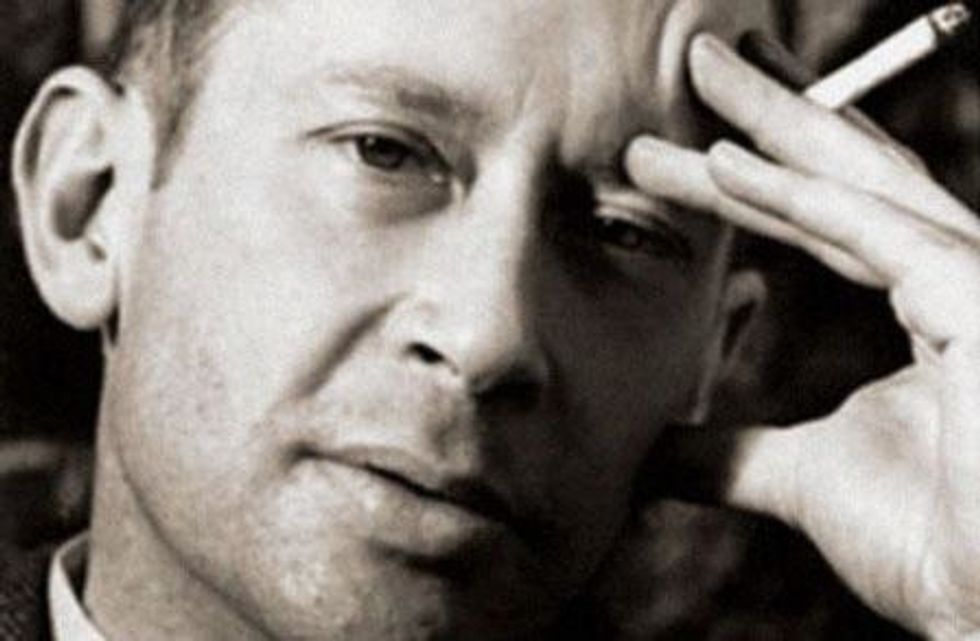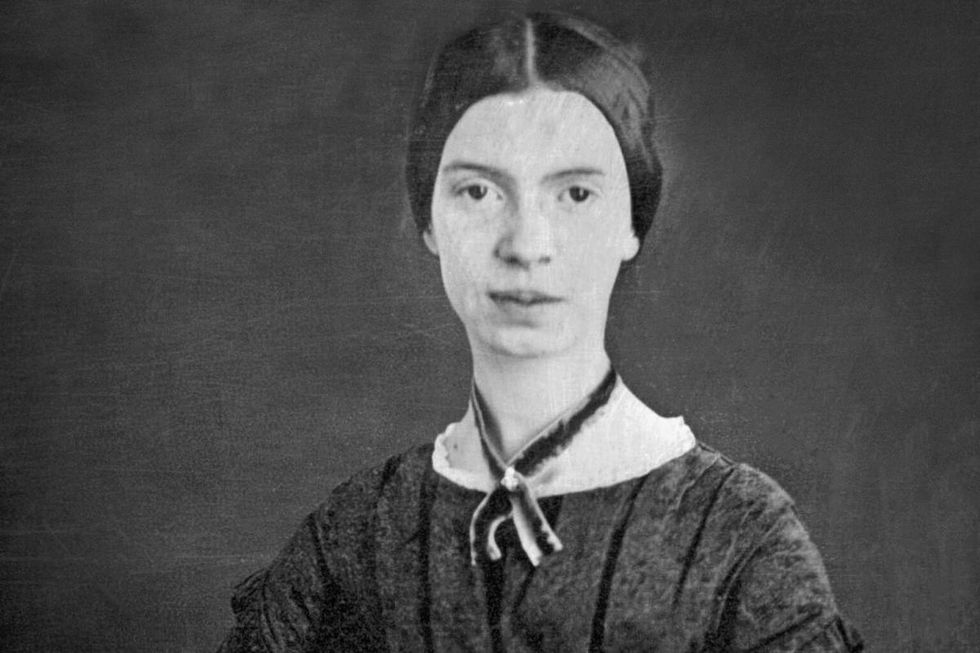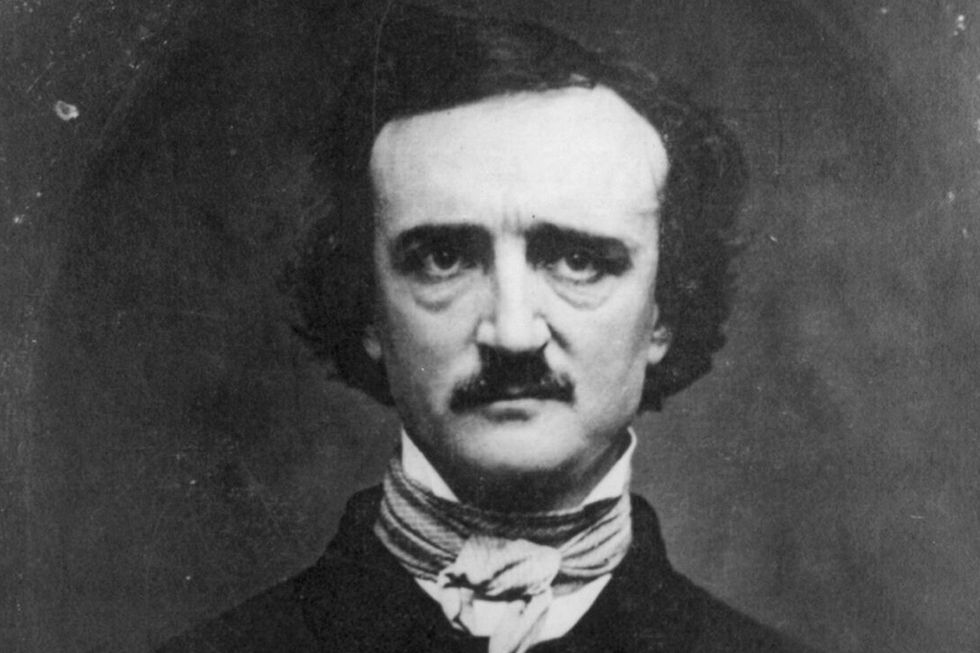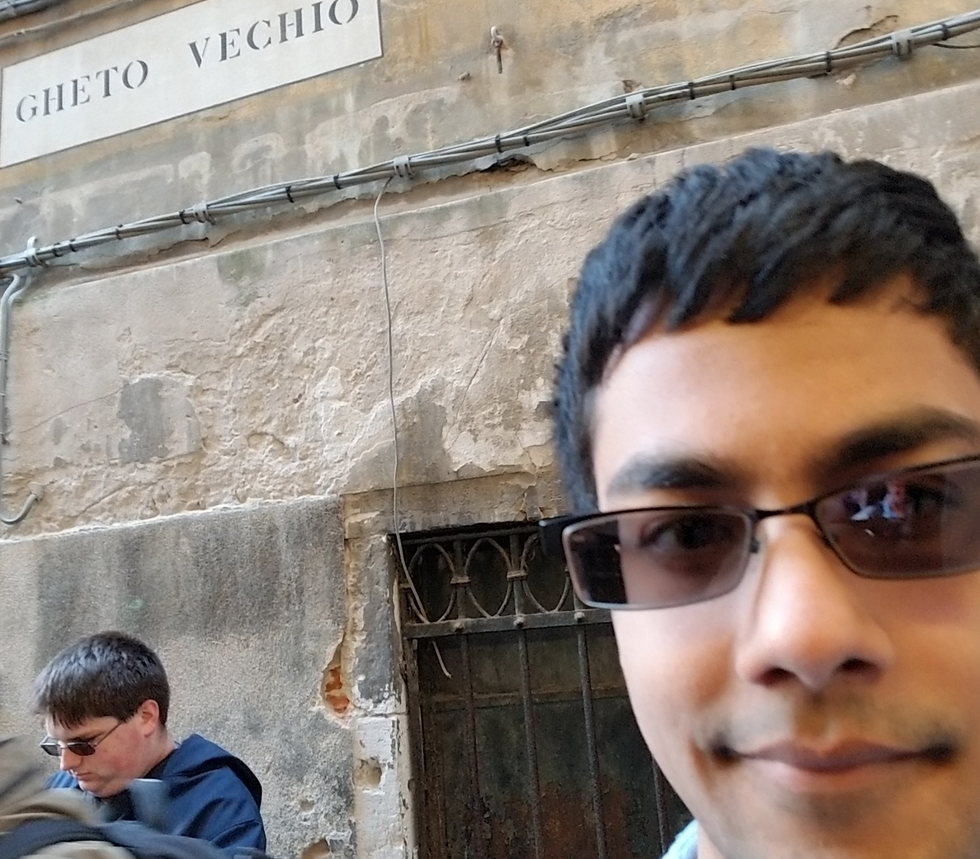The Fiction Books That Have Changed My Life
"Great books help you understand, and they help you feel understood" ~ John Green
For as long as I can remember, books have been my solace. My parents thought it of the utmost importance to read to me basically as soon as I exited the womb, so I blame them for making me the crazy bibliophile that I am today. I was that kindergartener who was already reading chapter books; I was that primary school kid who took a big stack of books on a 15-minute car ride; I was that child who begged her mother to go to the library (rather than visiting with our grandparents) as soon as our plane touched down in America.
But as I grew and developed, reading became less of a way to pass the long summer hours away, and less of a hobby to engage in instead of talking to my family at a restaurant. Reading became an escape from the crazy, stressful world of high school and all of the upside-down changes that came with growing up. Books became not a diversion, but a force that deeply impacts me and changes the way I think and saw the world.
This list serves as a celebration to the books that have helped me through significant changes in my life and that have contributed to the person that I am today. I believe that every single book we ever read changes our lives in ways big and small, I have only included the books that have stuck with me the closest and that has shaped my life the most profoundly to this point. Similarly, I have focused my list on my favorite fictional books.
Non-fiction books such as The Bible and Christian living books have impacted my life more profoundly than any other books, and I would not want to exclude their influence on me. Throughout my life, however, I have largely focused on fiction books, because I personally love escaping to and learning from fictional places and people beyond myself. Without further ado, here is the list of books that have changed me for the better.
Catch-22 by Joseph Heller
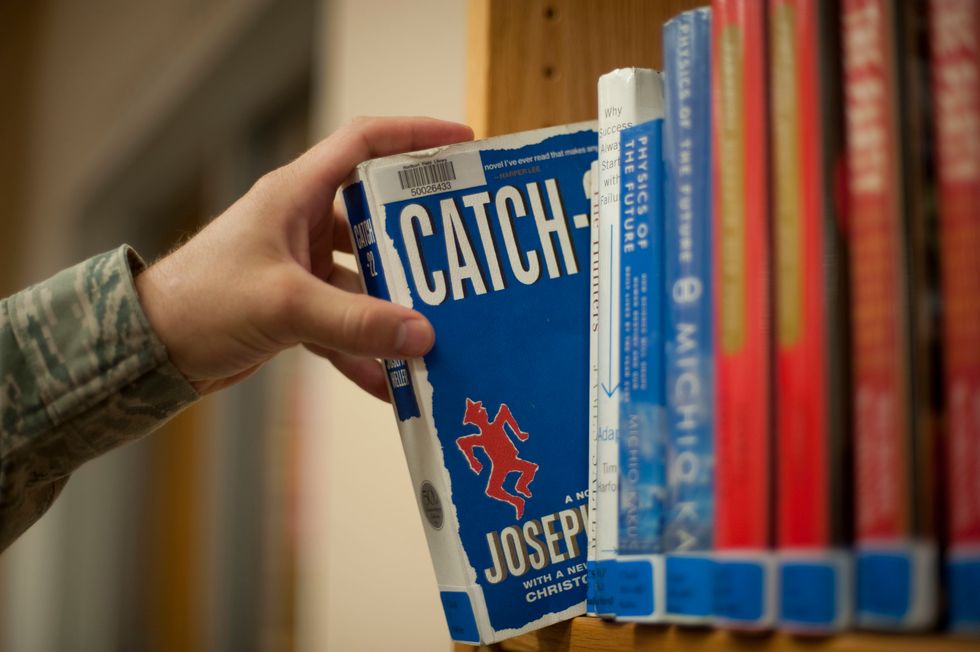 CSAF Reading List
CSAF Reading ListRecommended for: people who need to laugh during their seemingly-impossible and overwhelming circumstances.
I read Catch-22 in the spring of my junior year of high school, during a time where I was deeply confused and overwhelmed by everyone expecting me to know what I wanted for my future. In fact, looking back at this period of taking standardized tests for college is where I believe my anxiety started to develop. And so, a few weeks before taking the SATs and a few months before applying to college, I started reading Catch-22 in a small, cramped cabin in a Dutch nature park. Instantly, reading this book felt like having a conversation with my best friend. Catch-22 taught me the importance of humor in the midst of chaos – after all, it's one of the only books that I remember laughing out loud at.
Even now, during difficult times at college, I know I can pull it out, lose myself in its ridicule and satire and remember that everything is going to be okay.
Extremely Loud and Incredibly Close by Jonathan Safran Foer
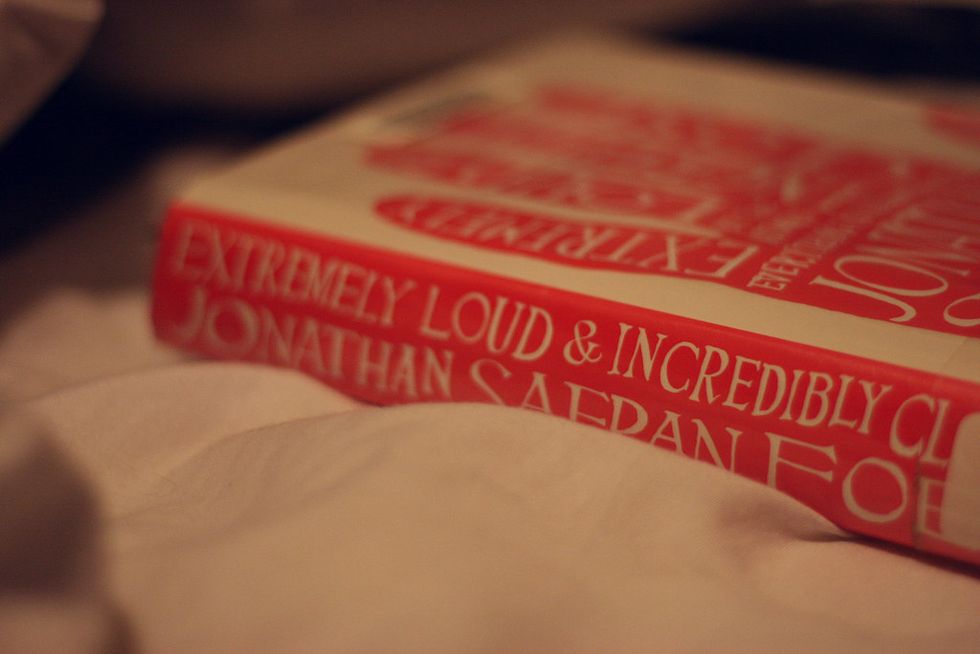
Recommended for: Those who seek to understand the complexity of grief and human emotion.
I have been obsessed with this book and its narrative voice ever since I bought it at the American Book Store during a family trip to Amsterdam in ninth grade, but I never made it beyond the first few pages because I just didn't want it to end. But when I finally kept reading the fall of senior year of high school, I remembered being confused as to how Oscar, the protagonist, experienced grief when his father passed away in 9/11.
At that point in my life, I expected grief to be a combination of sadness and anger before eventually petering out and returning to normal. A few short weeks after I read the novel, my grandmother passed away. It was my first death of a close family member. And, after going through the post-mortem turmoil of discovering the news, going to America for the funeral and returning to an emptier house that Christmas and summer, I discovered that Foer's description was right on.
His book taught me that grief is not a linear process, but it is complicated and messy. It is okay to feel it in unexpected ways because labeling such a tragic human emotion is simply impossible. On another note, Foer taught me what it means to have healthy relationships with others through his subplot of Oscar's grandmother and grandfather's relationship. Their broken marriage aligned with my relationship to a boy I really liked at the time, and it was a stepping stone in helping me move on from a place that I did not feel valued or supported in.
The Great Gatsby by F. Scott Fitzgerald
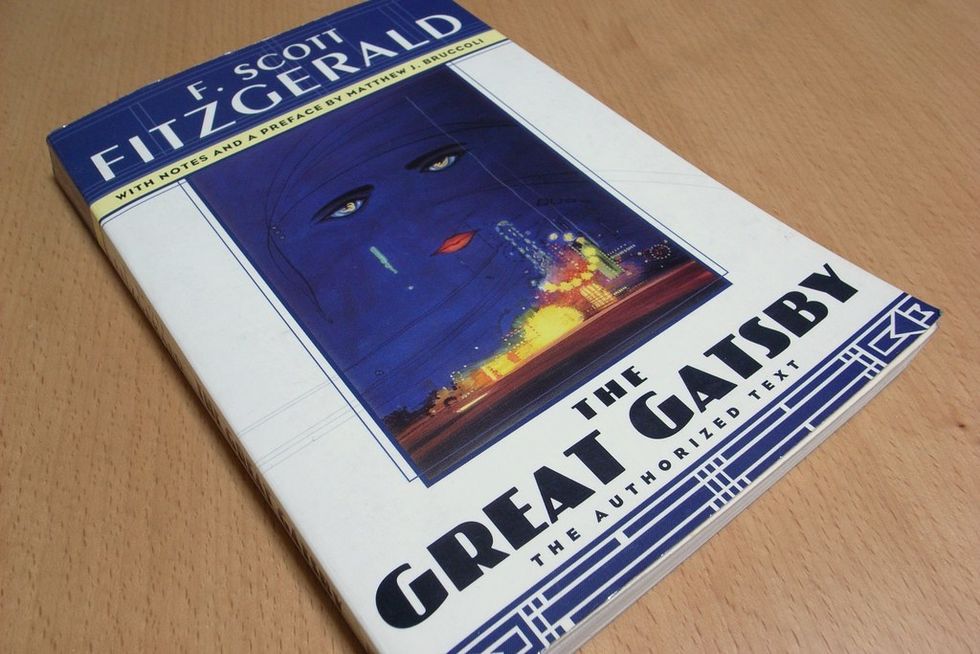
Recommended for: Those who are searching for the beauty of literature.
The first time that I read The Great Gatsby on the plane ride back home to Amsterdam, I was not impressed. I quite frankly thought that it was a confusing book, and that the movie was better (!!) But the more that I delved into the book with my high school English class, the more I grew to agree with people who look his novel is chock-full of phenomenal symbolism – such as the green light and Dr. Eckleburg's eyes. It contains a plethora of characters that are undeniably flawed but still portray characteristics that are forced to acknowledge that we also possess.
And with quotes such as "I was within and without, simultaneously enchanted and repelled by the inexhaustible variety of life" and "so we beat on, boats against the current, borne back ceaselessly into the past", how can you not admire the beauty of the English language? My English class caused me not only to fall in love with Fitzgerald's novel, but also to fall in love with English literature as a whole, and its delicate puzzle of themes and settings and characters.
In fact, because I had the opportunity to lead two classes on its symbolism, this novel prompted me to also consider a career in teaching.
The Alchemist by Paulo Coelho
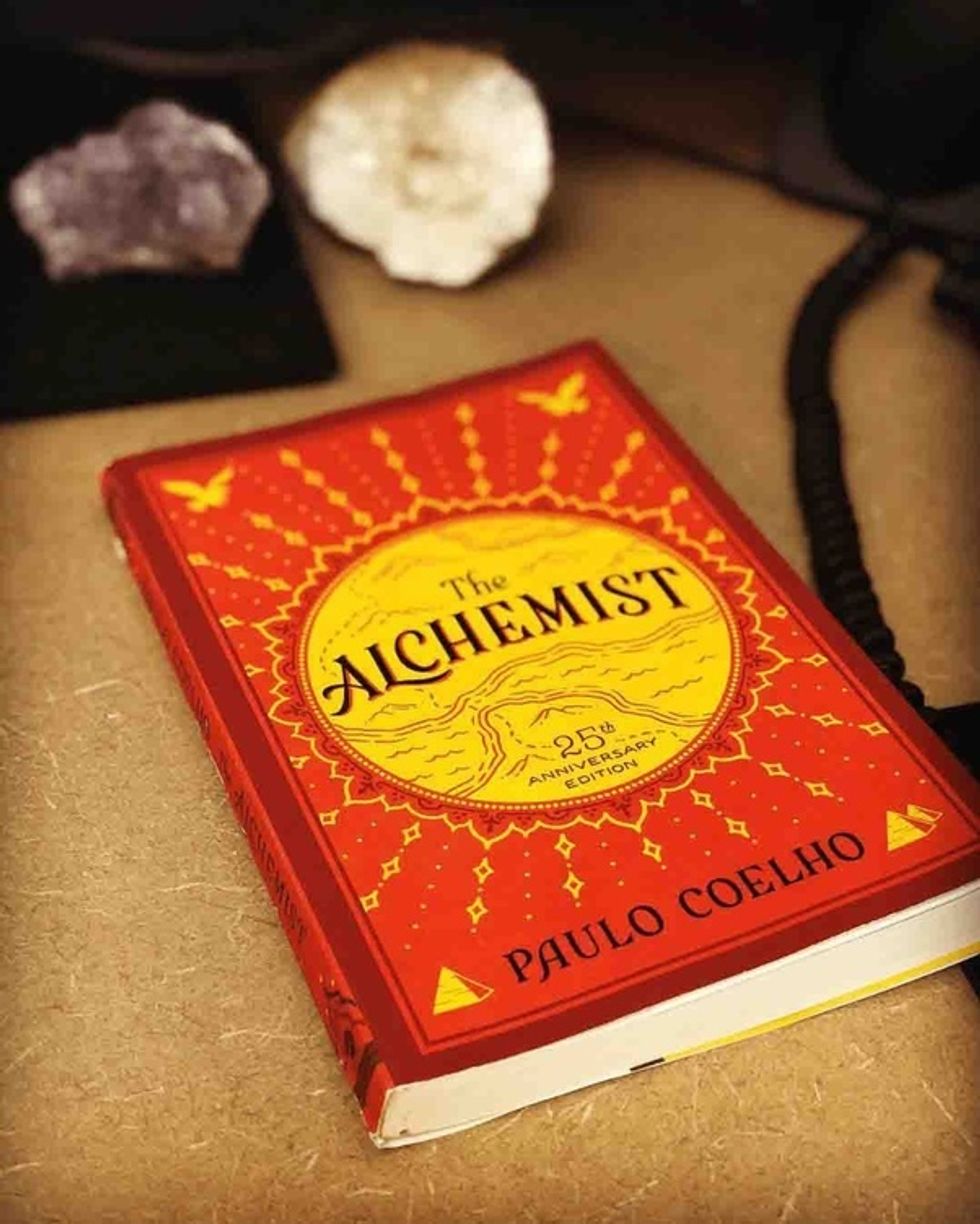 Booxoul
BooxoulRecommended for: those who feel like they are lost and need encouragement along the way.
I read The Alchemist during the summer before college, where I was, like many future freshmen, filled with dread and anticipation for my new adventure. My fear of college was only heightened because it was an adventure into the unknown – thousands of kilometers away from hometown into a state that I had never set foot in before.
Needless to say, that summer was one where I needed all the direction and guidance that I could get. I found myself relating to Santiago, who similarly goes on a frightening adventure and is in desperate need of courage. As a recent high-school graduate who felt like she was thrown without warning into the adult world, the life lessons in the book acted as beacons to guide me along the way.
Even though, as a Christian, I really didn't resonate with its religious aspects, I still believe that each reader can gain wisdom and advice from this novel, particularly on the cusp of a new beginning.
The Bell Jar by Sylvia Plath
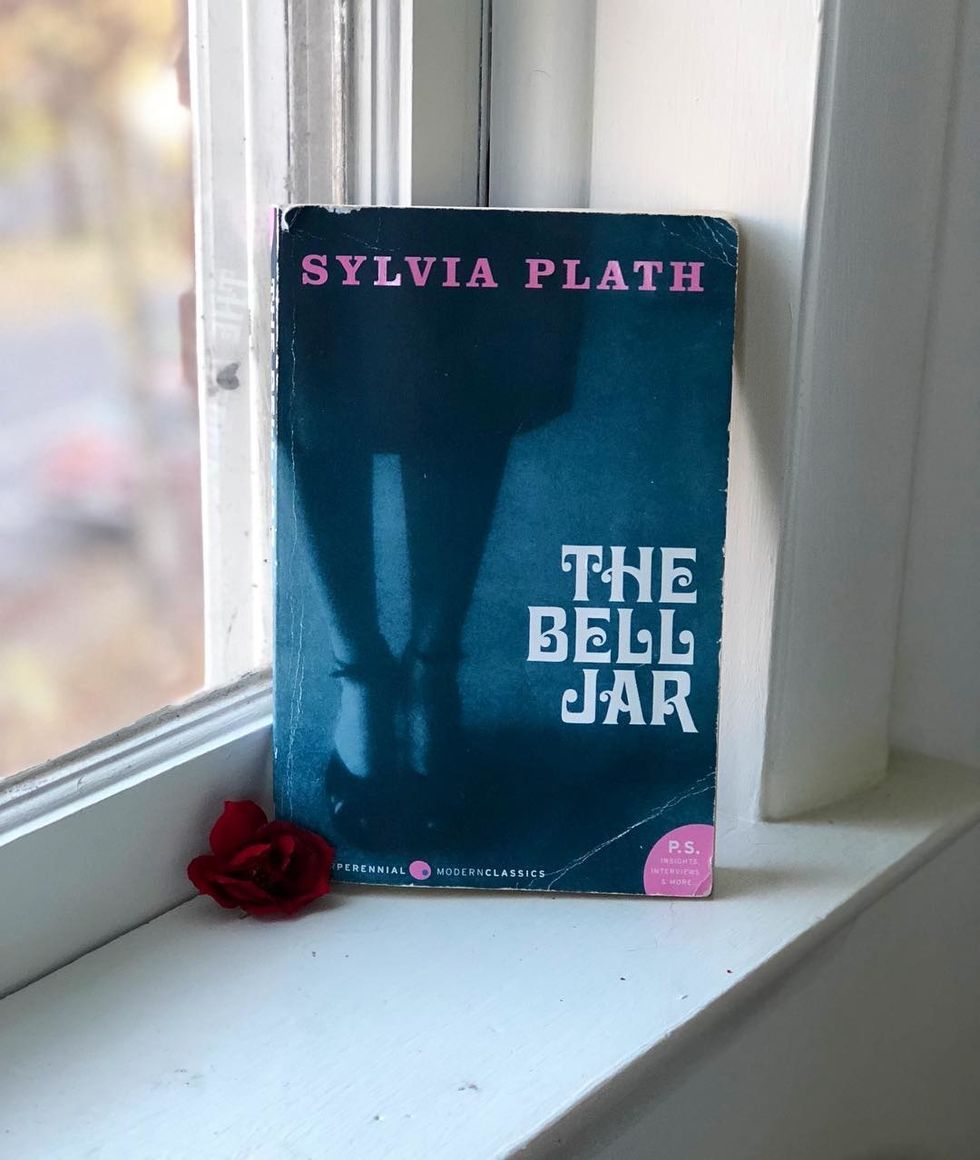 www.instagram.com
www.instagram.comRecommended for: those who want to walk in the shoes of someone with a serious mental illness.
Even as a senior in high school, I found myself empathizing with Esther, the protagonist of The Bell Jar. Like me, she was overwhelmed by all the endless possibilities for her future and was terrified of what she may lose if she picked the wrong one. Her metaphor of the fig tree to describe this fear of the future echoed in my own thoughts, as I was stuck in paralyzing indecision about which university to attend, and it even spurred me to embody her fig tree for an art assignment. Esther furthermore helped me to understand the complexity of mental illness.
Although I am close to people who are suffering from severe mental illnesses, I still did not comprehend the depths of their struggles and pain. Esther's experiences with depression and suicide taught me that sometimes these struggles occurred without explanation, and her straight-forward and honest narrative voice allowed me to crawl into the head of someone with such a devastating illness.
In fact, her journey with mental illness has remained with me even at college, where even now in the midst of stress and anxiety I can remember to "listen to the old brag of my heart. I am, I am, I am."
The Harry Potter series by J.K. Rowling

potterheadsoftheworldunite.tumblr.com
Recommended for: those who need constancy in their unpredictable circumstances.
I mean, who doesn't have the Harry Potter series on their list? Unlike literally the rest of the world, I was never a part of the Harry Potter fandom until right before I started college. That summer was one of the craziest and terrifying summers of my life because I not only permanently moved away from my home in Europe to America, but I also moved to a college that I had selected without having set foot in.
Right before leaving to college, I picked up the Harry Potter series, and in a world full of changing and unpredictability, it provided me with the same familiarity and coziness that so many other readers admire about it. Nothing I was going through at the time was easy, but I could nonetheless immerse myself in the comforting world of Hogwarts to go on adventures with Harry, Ron, and Hermione.
Listen to what others say – this book will distract you from your circumstances in the best way. It really is the book-form of a warm blanket and a steaming mug of tea.
Hamlet by William Shakespeare
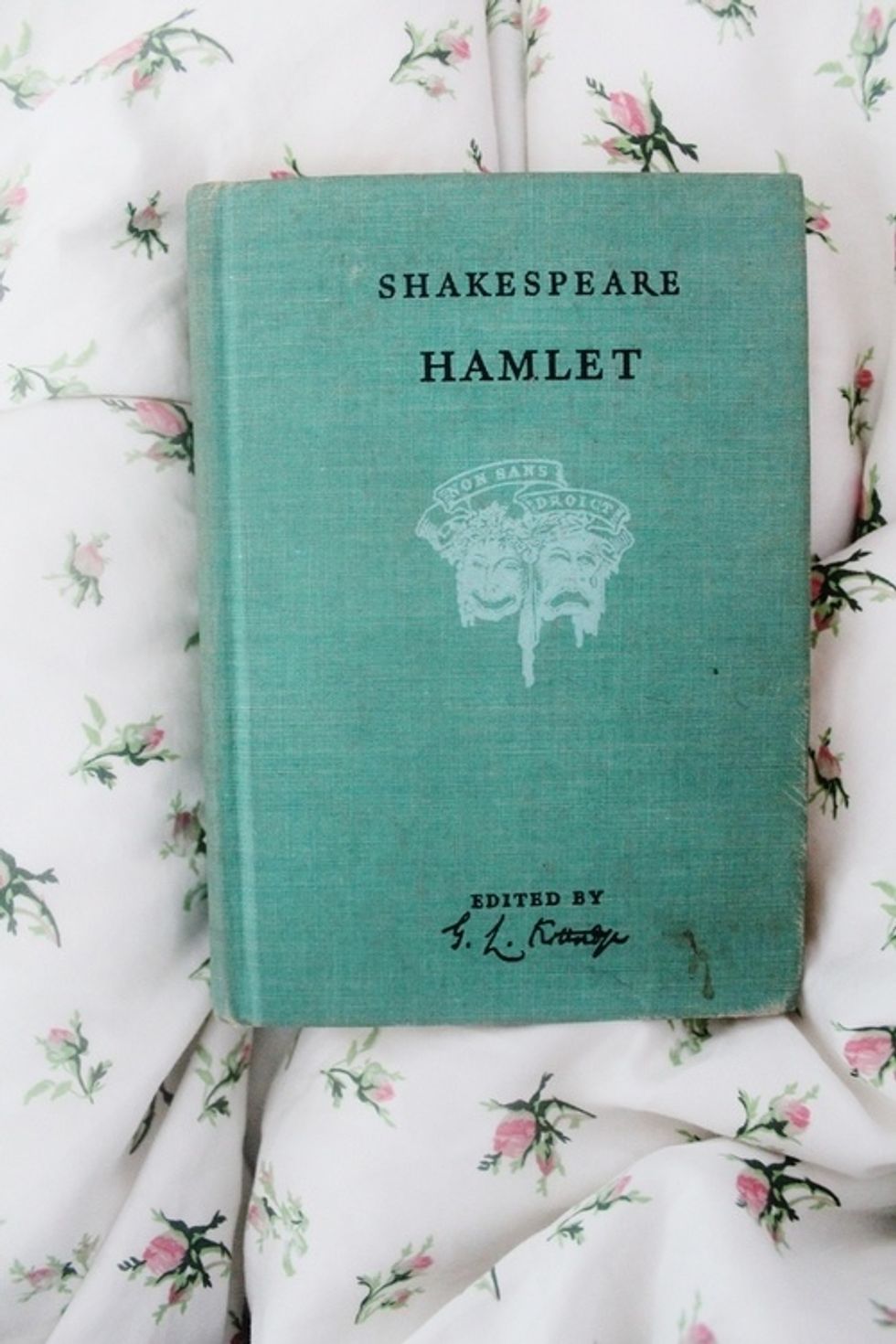
Recommended for: angsty teens who don't think they can enjoy Shakespeare
Oh, Shakespeare. As an English major, I'm expected to understand and esteem you, but honestly, half the time, I have no idea what you're saying and I really don't find your jokes funny.
Hamlet, however, provided me with a protagonist that my indecisive sixteen-year-old self actually related to. I was existentialist, melodramatic and confused. I was basically the Prince of Denmark. And through my appreciation of Hamlet, I started to deeply enjoy other aspects of Shakespeare's masterpiece – such as the way Ophelia's lack of agency as a woman, and the beautiful monologues.
Hamlet remains, thus far, my favorite Shakespeare play – until either I find another character I can resonate with as a confused now-eighteen-year-old, or David Tennant stars in yet another Shakespeare adaptation.
The Lord of the Rings by J. R. R. Tolkien
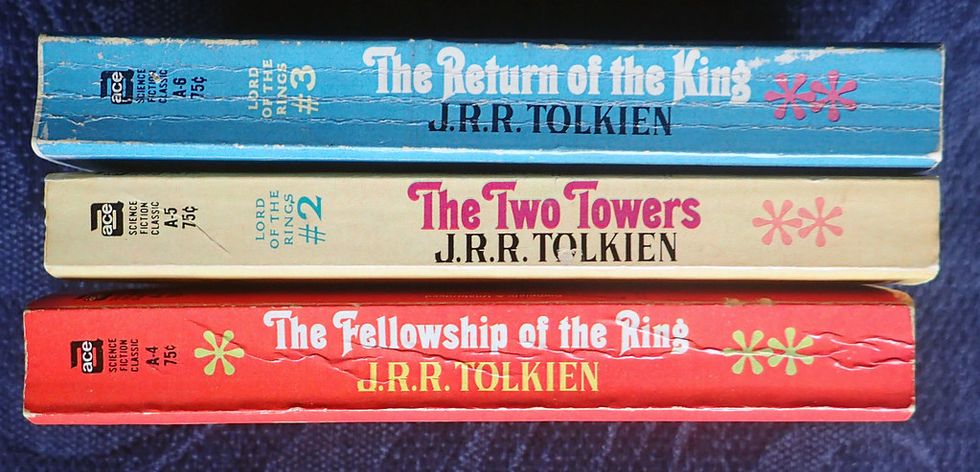
Recommended for: those hoping to find a home in a dark place.
The Lord of the Rings has been my all-time favorite movie since I was eleven, but until my senior year of high school, I had never read the books. I was challenged to read the entire trilogy of Lord of the Rings by my brother during March of my senior year (for the prize of chocolate if I read them faster than him). Once again, I delved into Tolkien's world, in parks, in cars, and in vacation cabins. The day after I sped through The Fellowship of the Ring, I was rejected from my top two universities. It was an awful day, but that morning, I picked up The Two Towers and started reading again. This entire world feels like a home that I can go to when my own world is upside-down.
I know that it will bring me the same comfort in my circumstances, whether I am eleven, seventeen, or fifty-two. In fact, my copy of Lord of the Rings is kept in my college dorm, for times when I need a reminder of home and of things will never change. And needless to say, I won the challenge against my brother.

